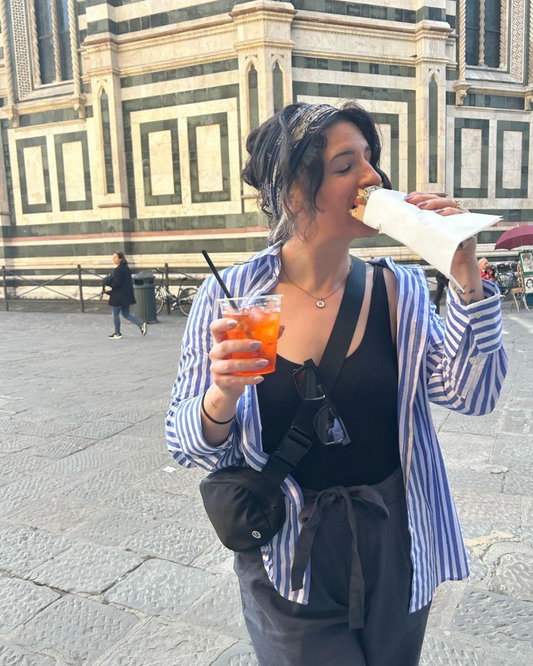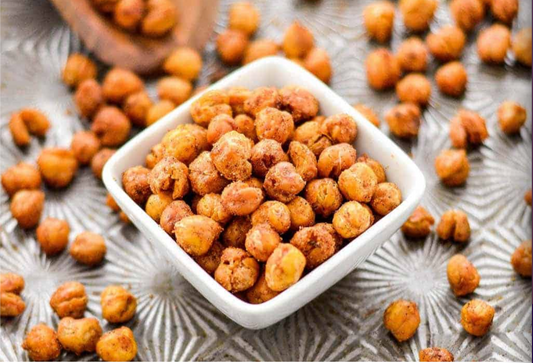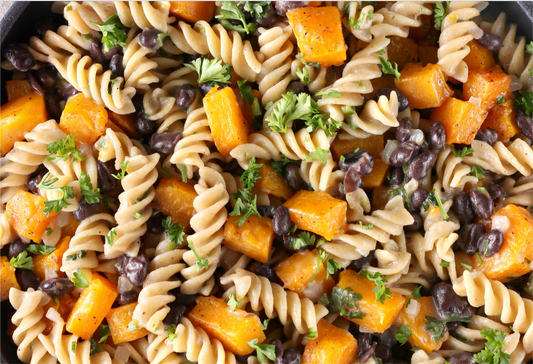Sometimes I write down my thoughts after I have a conversation with a new or potential client. Recently we've had a couple people who enter the program who are a bit apprehensive about tracking food. For so many years, "calorie counting" has been the thing to do. Becoming obsessed over one number has shone a really negative light on tracking food in general. At BODZii, there are couple things we're trying to change the narrative around. One is weight loss, the other is tracking.
How can we use tracking to achieve weight loss in a really positive, healthy and sustainable way? That's the question, and that's what we teach our clients.
So here are a few of my thoughts on tracking, and different things we should be thinking about.
First, Here's what a few months of tracking will give you:
1 - An increase in protein daily which will lead to better body composition, increased muscle retention and growth, and a increase in hormone regulation
2 - The ability to understand portions when dining out. Imagine yourself at dinner and being able to order off a menu with the understanding of what's in a particular food. You can now make an educated choice without having to track - you just know. And now you can dine out without it hindering your progress
3 - Confidence in your progress. You now have months of data that you can work off of, tweak and adjust to hit any goal you want.
So next time you scoff at the thought of tracking your food, ask yourself this question - do you know for certain that you're eating a well balanced diet that is optimized for your personal goals and body?
If you're brand new to tracing your food, it's important to understand that there are many methods in which you can try to see what works best for you. This all depends on your goal.
3 ways to track your food
1 - The hand portion method.
What is it? A way of measuring food portions using your hand.
Who is it good for? Someone who wants a quick, rough understanding of how to balance meals.
Pros: Easy, accessible, customized for the person based on hand size
Cons: Doesn't give accurate data on overall consumption

2 - Journalling
What is it? Keep a food log or diary of everything you eat throughout the day
Who is it good for? Someone who wants to build an understanding of what they're eating, curb mindless eating, curb over eating
Pros: Fantastic tool to build overall awareness of habits and food quality
Cons: Doesn't give any information on portions or caloric intake

3 - App tracking
What it is? Using an App like My Fitness Pal to log all food
Who is it good for? Someone who wants to build an awareness of habits but also gain a deeper knowledge and understanding of food and meal breakdown, macronutrients, micronutrients etc. Also good for someone going through a caloric deficit or surplus.
Pros: Accurate, tons of data
Cons: Screen time, can be used in a negative, obsessive way (see my recent blog post HERE on this topic)

As someone who has done all three of these methods - I can tell you that they are all fantastic ways to measure. It just comes down to where you are in your journey, and what your specific goals are.
Make sure you're entering your email in below to join our newsletter and stay up to date on all podcasts, articles, and program updates.




